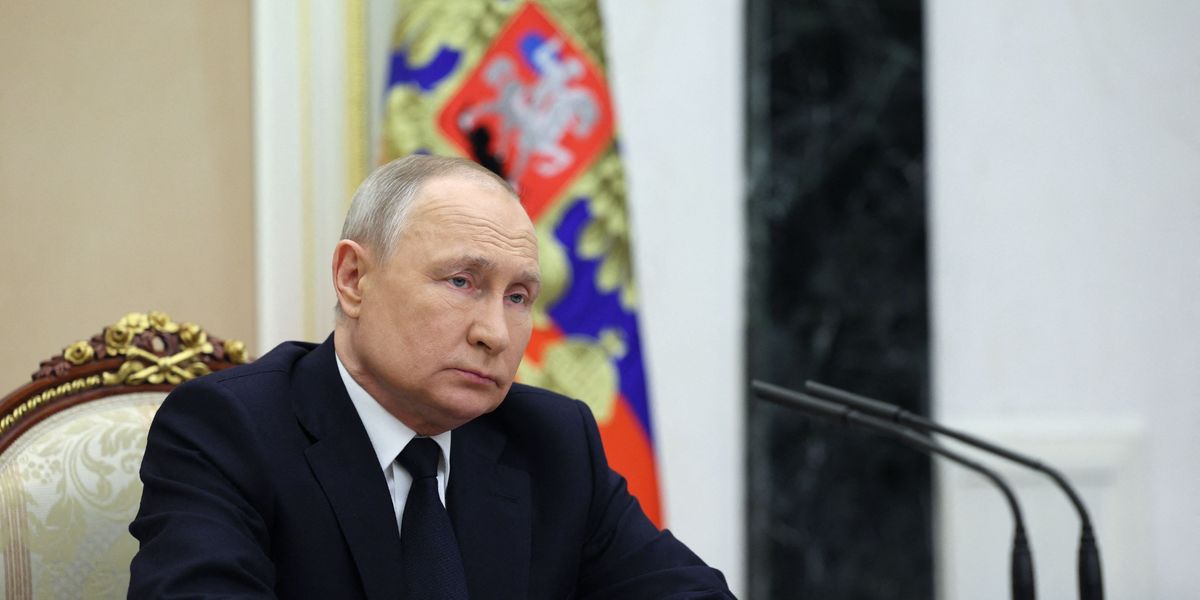In Taiwan, he was in the coffee industry and military reserves.
After Russia invaded Ukraine, Yao Kuan-chun volunteered to go fight.
He has been on the ground in Ukraine the past three months, one of a handful of Taiwanese soldiers who have joined other international fighters in the war that started in February 2022.
Yao, 30, knows the threat of invasion from a bigger authoritarian neighbor – China – and is fighting for the larger causes of democracy and freedom.
But he’s also getting first-hand combat experience in case China decides to invade his island.
“Tensions have escalated (across the Taiwan Strait), so we need to pick up the pace if we’re to be ready. Whether or not they dare to invade depends on our preparedness,” Yao said. “Who’s going to come to your rescue if you don’t defend your own country?”
“There’s a saying that goes, ‘Today, Hong Kong, tomorrow, Taiwan’,” he said, referring to fears that the erosion of Hong Kong’s freedoms could be repeated in Taiwan should it come under Chinese rule.
“Or you could say, ‘Today, Ukraine, tomorrow, Taiwan,’” he said.
Yao was given just two weeks of training before being sent to the front lines. He described his experience of fighting as “very scary.”
“Even if you know what you’re doing, it’s still scary,” he said. “There’s not enough training.”
The recruitment team appeared to be on the lookout for Chinese infiltrators.
“I got more political questions than about my military background,” he said. “This surprised me.”
“They cut to the chase and asked me if I supported the Chinese Communist Party, and whether I knew about China’s [close] relationship with Putin.”
‘Freedom and democracy aren’t free’
Lu Tzu-hao, 35, said he made his decision to volunteer “without thinking about it too much.”
“It’s really amazing that [the Ukrainians] have been able to hold down the fort for a year now,” said Lu.
“We helped out with defense or supply logistics,” he said. “I’ve been bombed even in my sleep.”
“If a bomb fell in front of us and didn’t go off, me and the guys would feel like we’d been given another chance at life,” said Lu, who grew up helping his parents with their meat stall at a local wet market.

Why did he do it?
“Freedom and democracy aren’t free,” said Lu, adding that other volunteers would sometimes ask him about tensions between Taiwan and China.
“I told them yeah, Taiwan has been suppressed for a long time,” he said. “Less than a month after I got back to Taiwan, [Beijing] launched missiles at us.”
“That same day, seven or eight soldiers from different countries asked me if we needed them to come over,” Lu said. “They’d be happy to come to Taiwan’s aid [because] they support our freedom and democracy.”
Witnessing war
Lee Cheng-ling, 36, had served in the Marines in Taiwan, firing howitzers. After he volunteered, he was stationed in the Kharkiv area of eastern Ukraine for nine months.
“I just wanted to help,” Lee said, adding that the firsthand experience fighting was “very valuable.”

Ukrainians are aware of China’s threats against Taiwan, he said.
“Last August, when China launched missiles, it was quite big news in Ukraine,” he said. “Yep, Ukrainians know that Taiwan is in a similar situation.”
The cruelties of war have made an impression on all the Taiwanese volunteers who spoke to Radio Free Asia.
“We went through Bucha to survey the town after it was liberated,” Yao said. “There were at least 14 [civilians] dead, the youngest in their teens, and the oldest nearly 70.”
“They were locked up in a basement – can you imagine what they must have suffered?”
Lee recalled Russian troops opening fire on a fleeing middle-aged civilian and killing him.
“He was scared and tried to run,” he said. “The Russian forces saw him, opened fire and killed him, spraying his car with bullet holes.”
“There was a pool of blood on the ground.”
The United Nations has estimated that 8,490 civilians have been killed by Russian forces in Ukraine, but the true number is likely far higher.
‘That could be you’
At least one Taiwanese soldier paid the ultimate price.
Tseng Sheng-kuang, 26, was in Ukraine for five months before dying of injuries sustained in battle in November 2022.
In an interview recorded before his death and used with his family’s permission, he too drew a close parallel with his volunteering in Ukraine and Taiwan’s own situation.
“China wants to invade Taiwan [and] I want to defend my country, but I need to help this country first,” Zeng said.

His mother Su Yu-jou said she had been less than convinced.
“He showed me some stuff on his phone saying ‘look Mom, these are innocent civilians … if the Chinese Communist Party attacks Taiwan … that could be you,” Su said.
“I asked him, ‘Couldn’t they just manage without you?’.”
“When he would call, there would always be noises like air-raid sirens in the background, or shelling,” Su said. “We would also hear the sound of machine-gun fire.”

“I would be so worried, and ask him what the sounds were – he told me it was shells going off,” she said.
Her son’s death was a “life-ending blow.” She keeps his old uniform close, and has an image of him tattooed on her arm, for fear that his memory will fade over time.
“When Sheng-kuang died, I realized that war is a terrible, terrible thing, and so very cruel,” she said. “I never want to see another war.”
Translated by Luisetta Mudie. Edited by Malcolm Foster
This content originally appeared on Radio Free Asia and was authored by By Mai Xiaotian for RFA Mandarin.
This post was originally published on Radio Free.
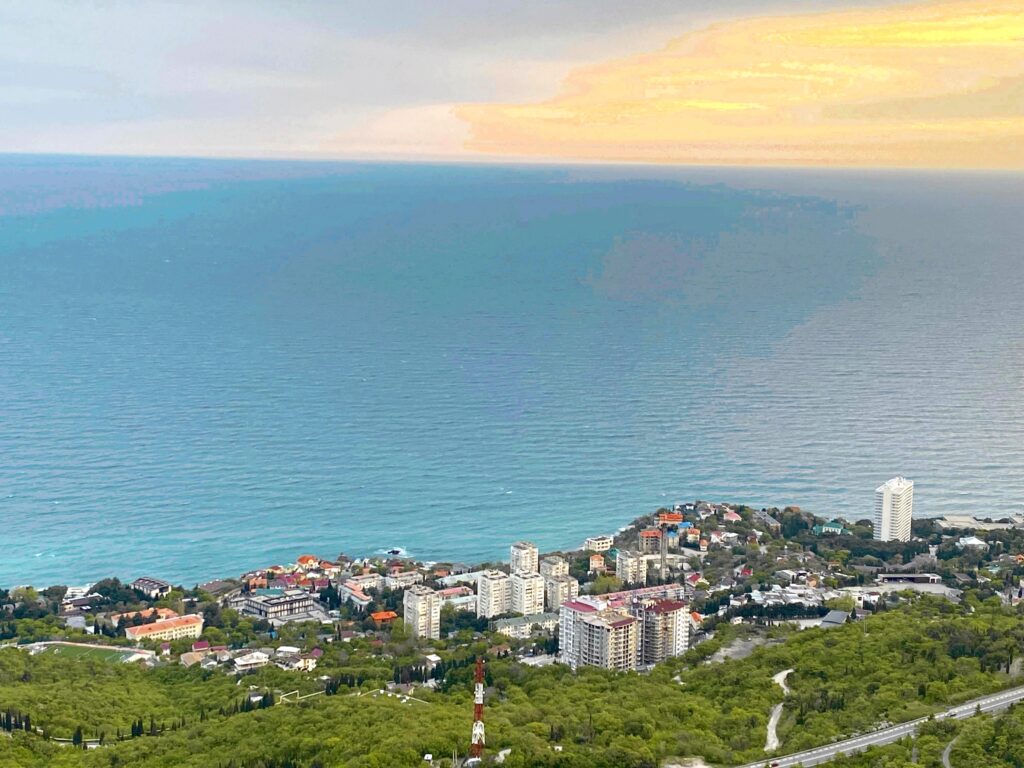
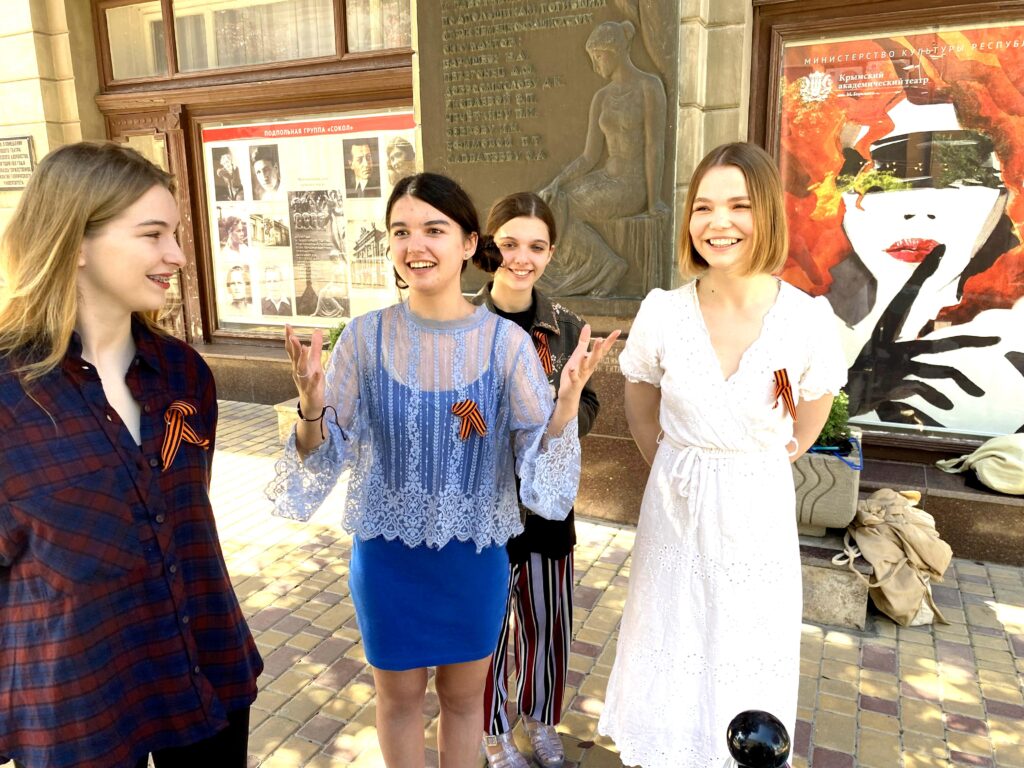

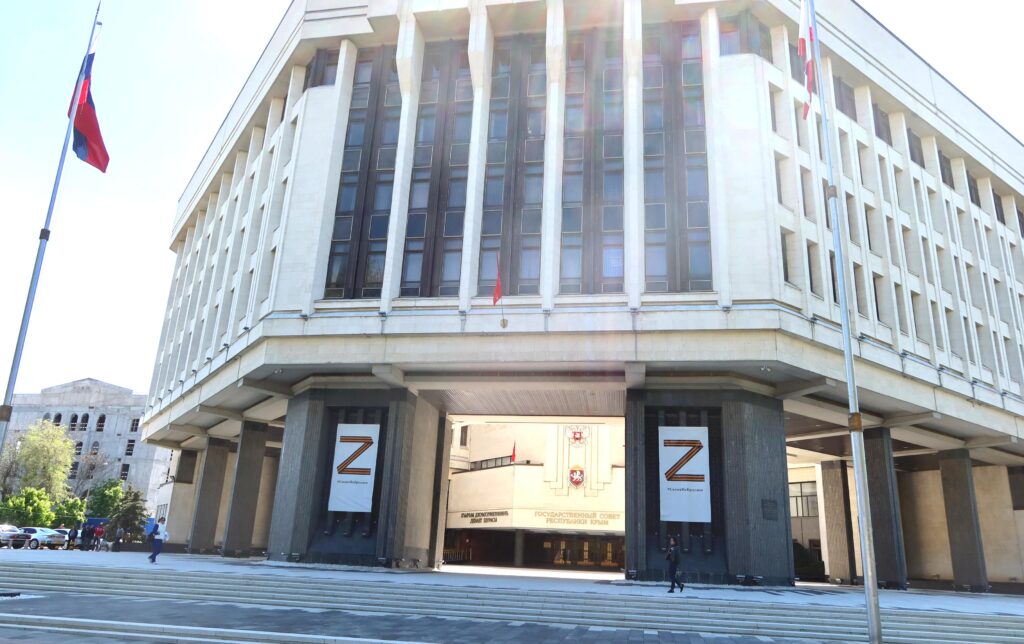






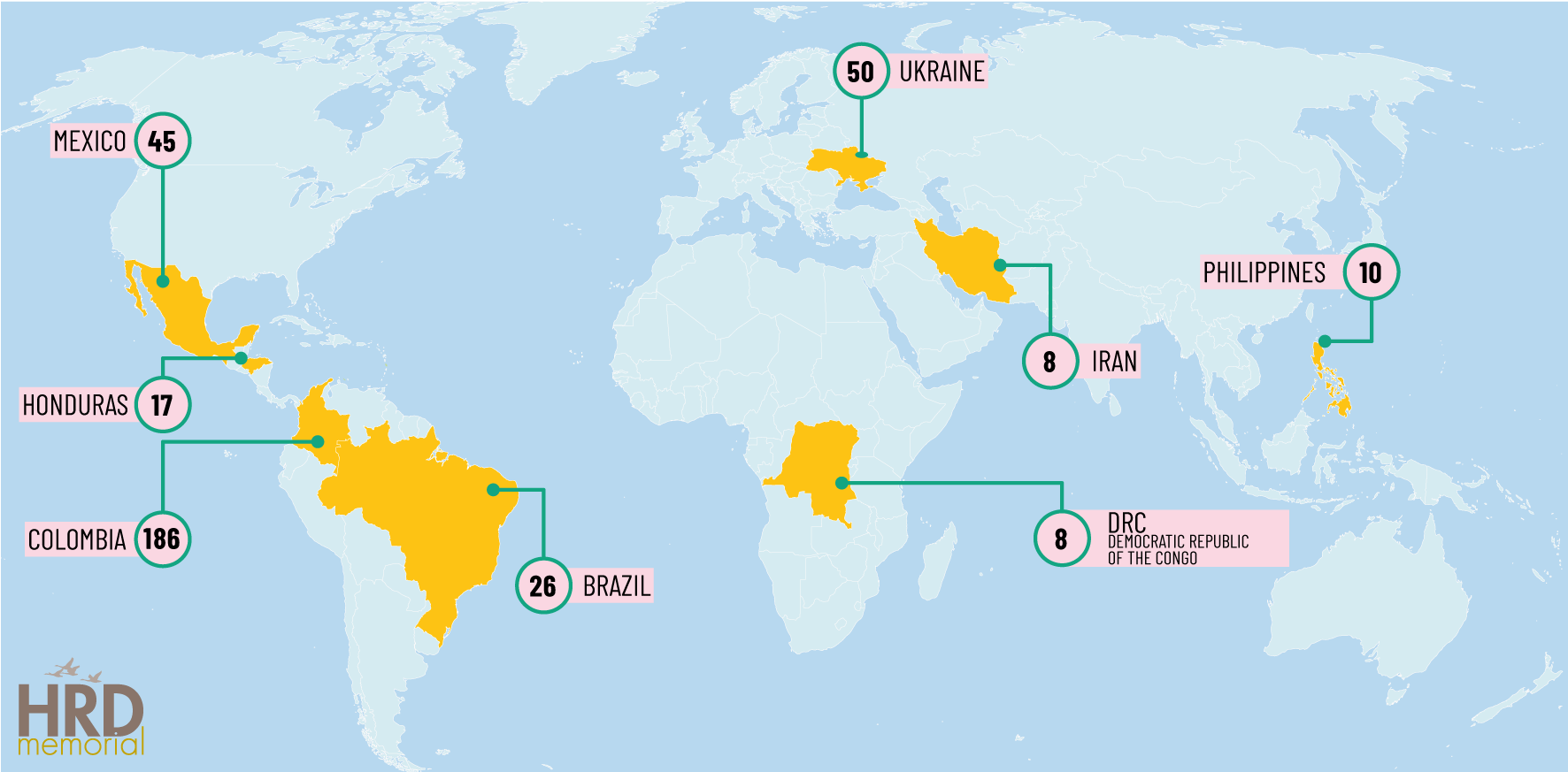
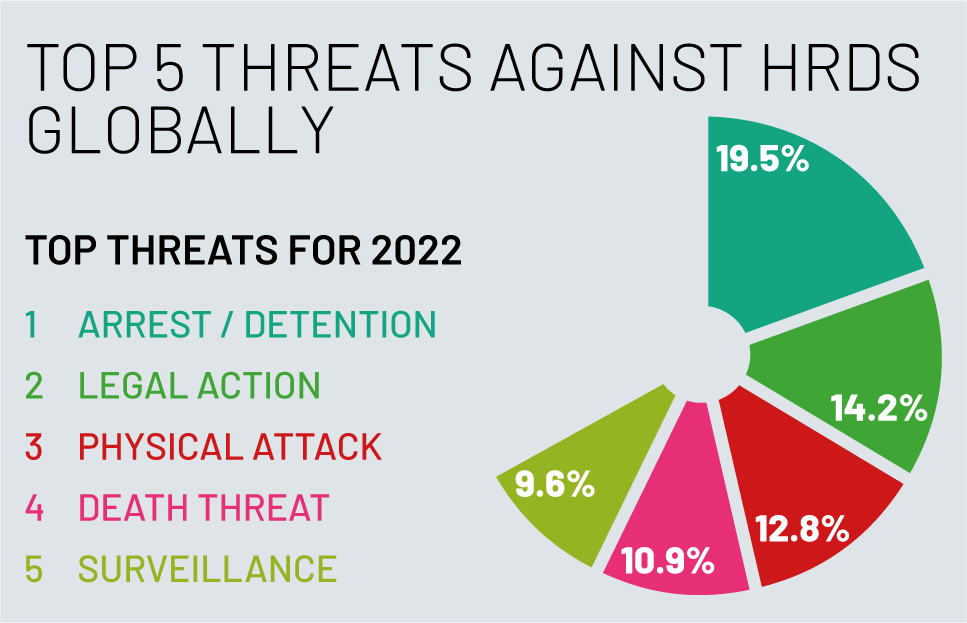
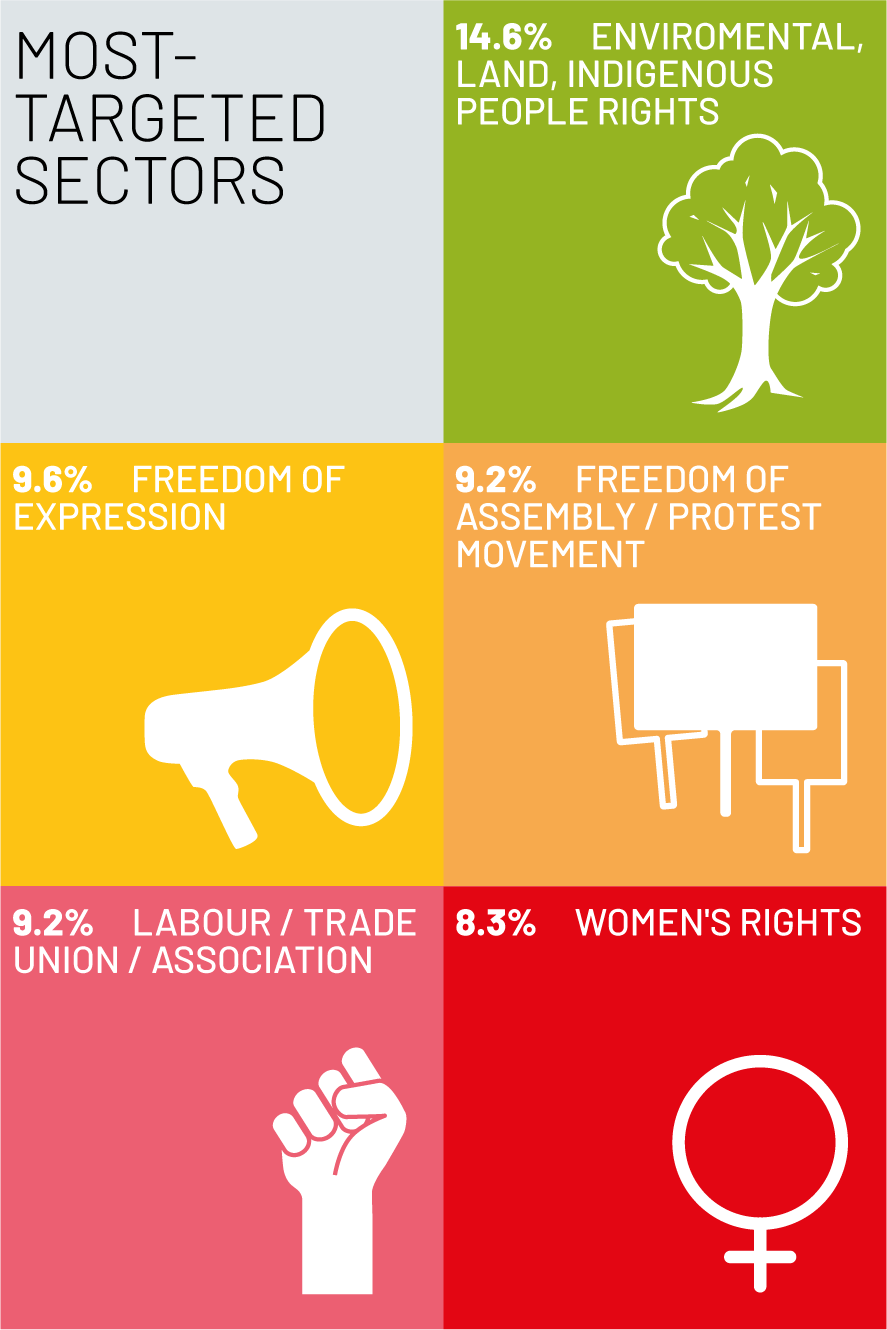
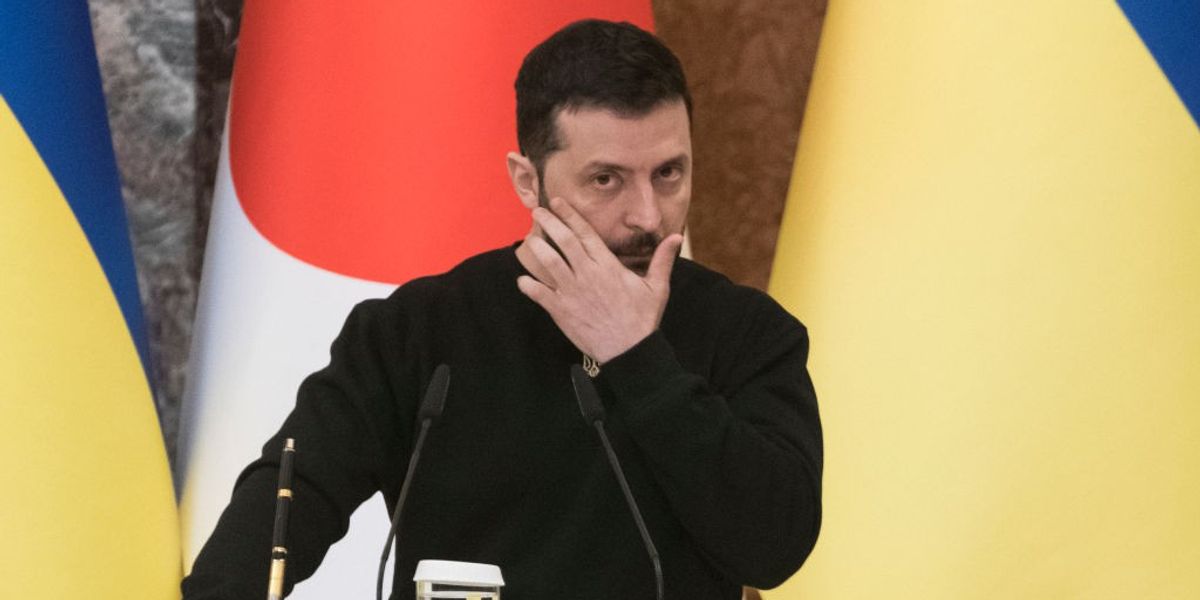
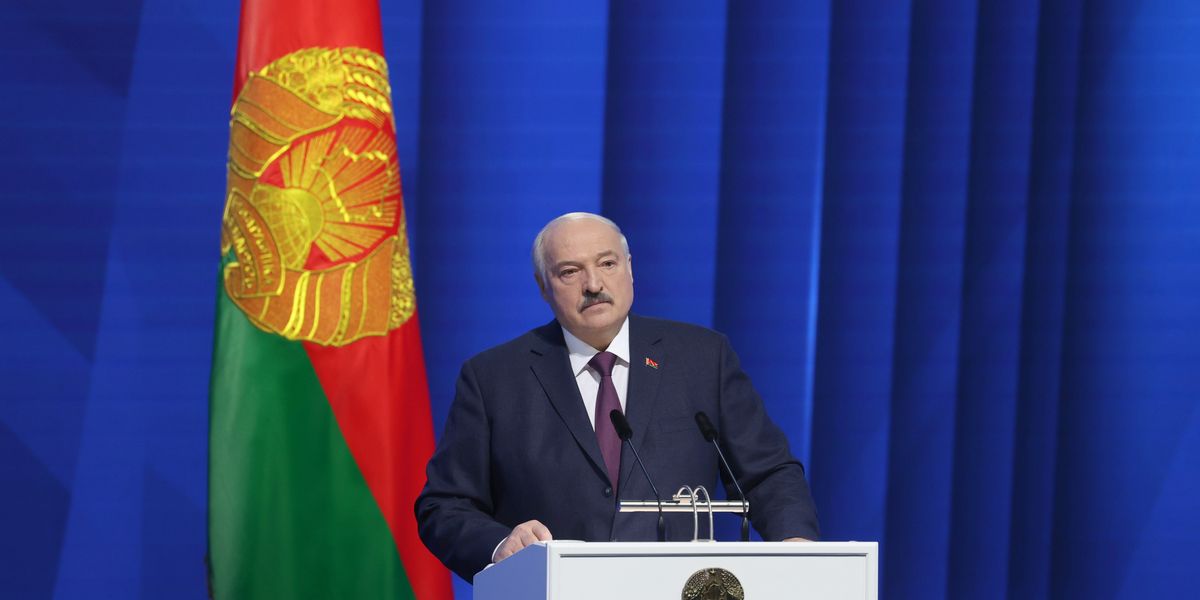




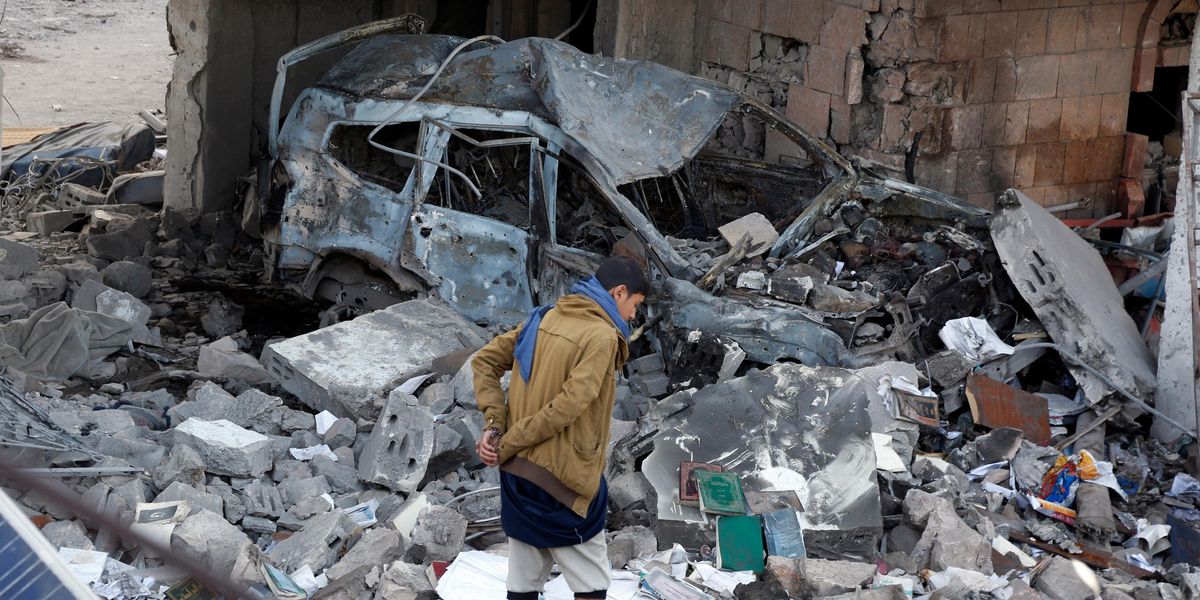
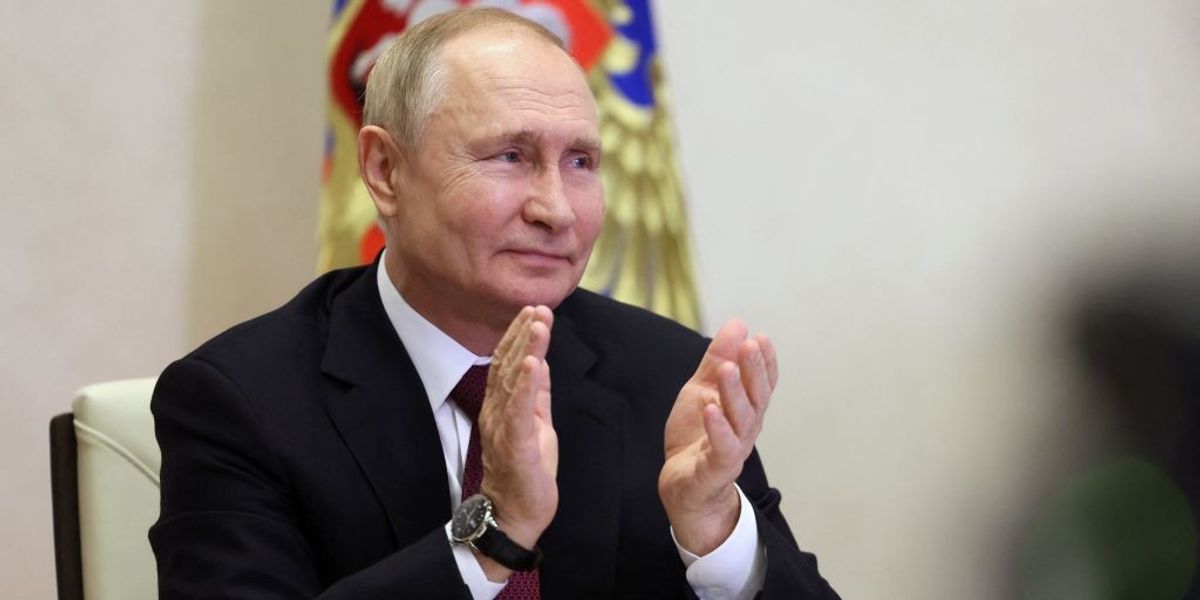
 (@kristina_wong)
(@kristina_wong) 
